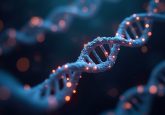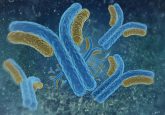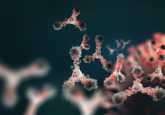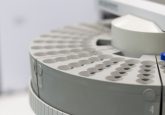ADA assays in biotherapeutic development survey
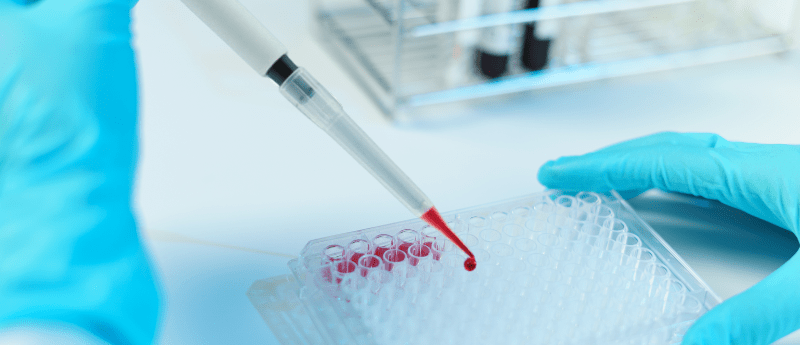
Monitoring the immunogenicity potential of biotherapeutics is a critical step in their selection and development, since anti-drug antibodies (ADAs) complexed with therapeutics can affect their bioavailability, safety and efficacy. Drug-specific ADA assays require careful and time-consuming assay development, often including the biotinylated or fluorescent-tagged drug as a reagent, and an additional sample treatment step to separate immunocomplexes for the detection of the free ADA.
However, during candidate selection in discovery phases or in early preclinical evaluation of a new candidate, a species-specific, generic ADA assay can be implemented where one set of capture and detection reagents saves assay development time and can speed up ADA screening. A generic ADA assay that detects intact drug:ADA immunocomplexes can also eliminate the need for sample treatment steps. These assays can be readily used in conjunction with pharmacokinetic and toxicity studies to give insights into unexpected clearance profiles or safety or efficacy issues caused by formation of immune complexes.
In this survey, in association with Gyros Protein Technologies (Upsala, Sweden), we‘re gathering information on the current use of and attitudes towards generic ADA assays in biotherapeutic development, specifically when ADA assays are being performed and by which groups, as well as the species being used.
By taking part in our 5-minute survey, you will be automatically entered into our raffle to win a US $100 Amazon voucher and will receive a FREE physical copy of the Bioanalysis Glossary 4th Edition!
In association with:



